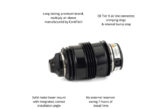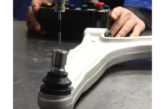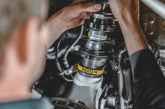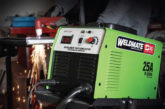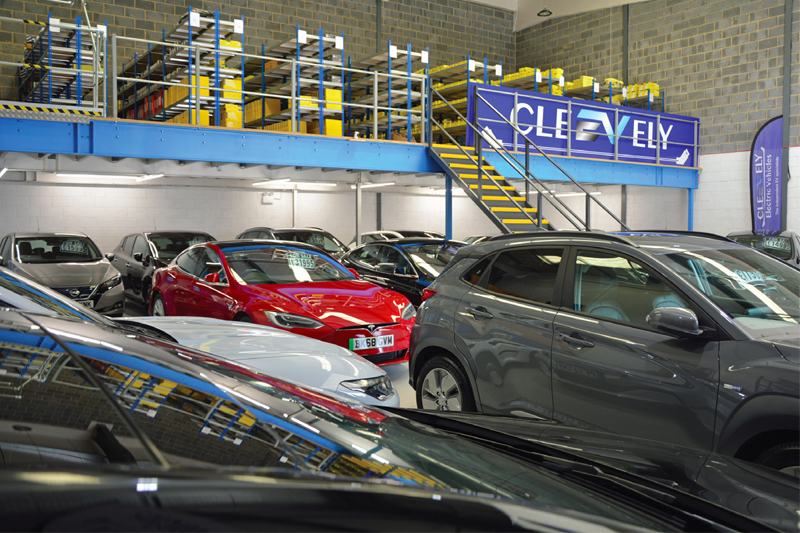
Steering and suspension components play a pivotal role in ensuring the safety and performance of any vehicle. However, the unique pressures of an electric vehicle make their replacement a frequent job, according to EV servicing and repairs pioneer Cleevely EV.
EV battery weight, coupled with instant torque from the electric motor, put additional and previously unseen stresses on steering and suspension systems. “The Tesla Model S and Model X are prime examples,” said Matt Cleevely, managing director at Cleevely EV. “These are big, heavy cars and we’re regularly replacing camber arms, antiroll bar links and suspension bushes.”
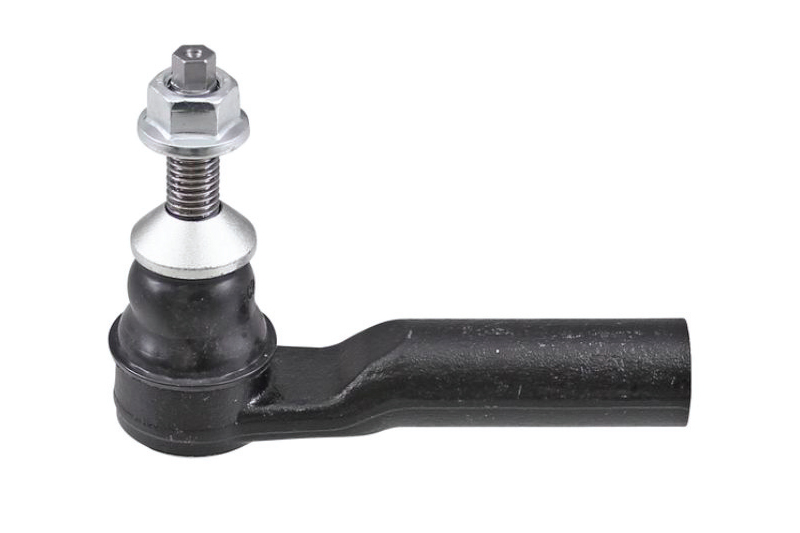
The volume of work seen at Cleevely EV quickly gave light to an acute shortage of specialist EV parts. By 2020 the independent EV specialist was regularly attracting custom from across the UK. Business was booming but an emerging supply chain problem was holding-back progress. “I was fed-up with the supply issues,” said Matt. “We had customers coming to us in big numbers, many hanging around for the day having travelled a long way. If their car failed an MOT or we found ball joint play during a service, they’d be stuck because we couldn’t get the parts.”
Leading the way, Cleevely EV launched its own EV parts department. “We haven’t looked back since,” said Matt. “We’re now supporting other garages with the supply of EV parts too.”
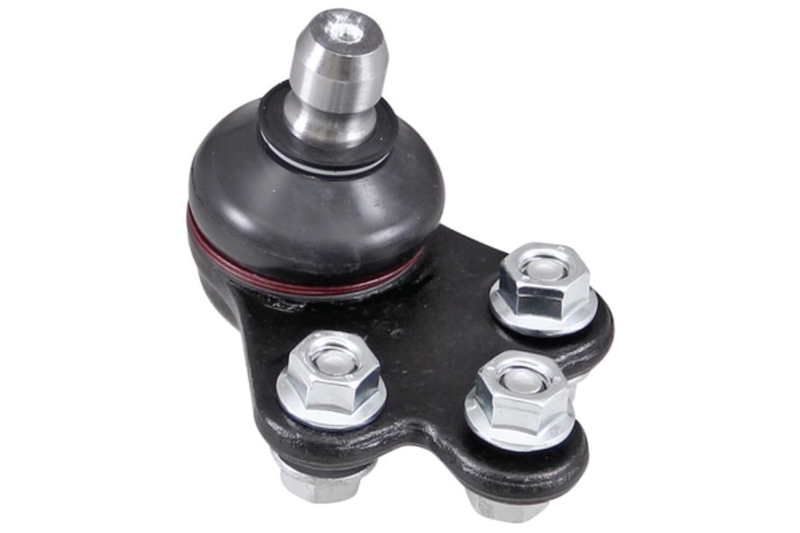
The steering and suspension range includes high quality suspension arms, ball joints and bushes for the UK’s most popular EVs. Orders placed before 10.30am are packed and dispatched for next day delivery. “We deliberately only stock parts for EVspecific models,” said Matt. “If it’s a steering and suspension part for a petrol or diesel derived EV, these are readily available from your local factor.”
A unique insight into EV wear and tear means Cleevely EV is well positioned to develop the range. Each part undergoes quality assurance and durability tests to ensure safety and reliability.

Looking ahead, the Department for Transport’s Zero Emission Vehicle mandate, set to commence in January 2024, is expected to fuel further EV market growth. It will require 22 per cent of cars and 10 per cent of vans sold by manufacturers to be electric. By 2030, 80 per cent of new cars and 70 per cent of new vans must be zero-emission, with a subsequent goal of reaching 100 per cent by 2035.
To support other independent garages in the transition to EV, Cleevely EV offers training at its workshop in Cheltenham. The unique courses provide real-world tips and advice on how to run a successful EV workshop.

